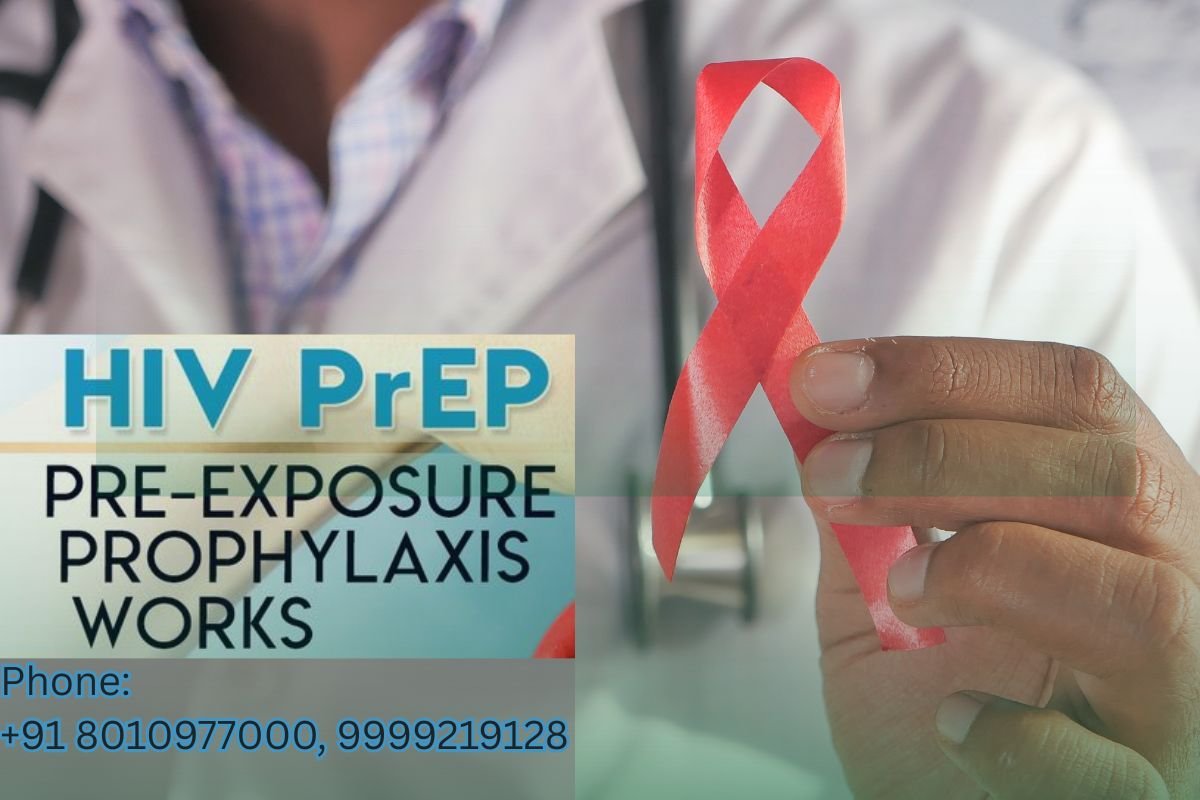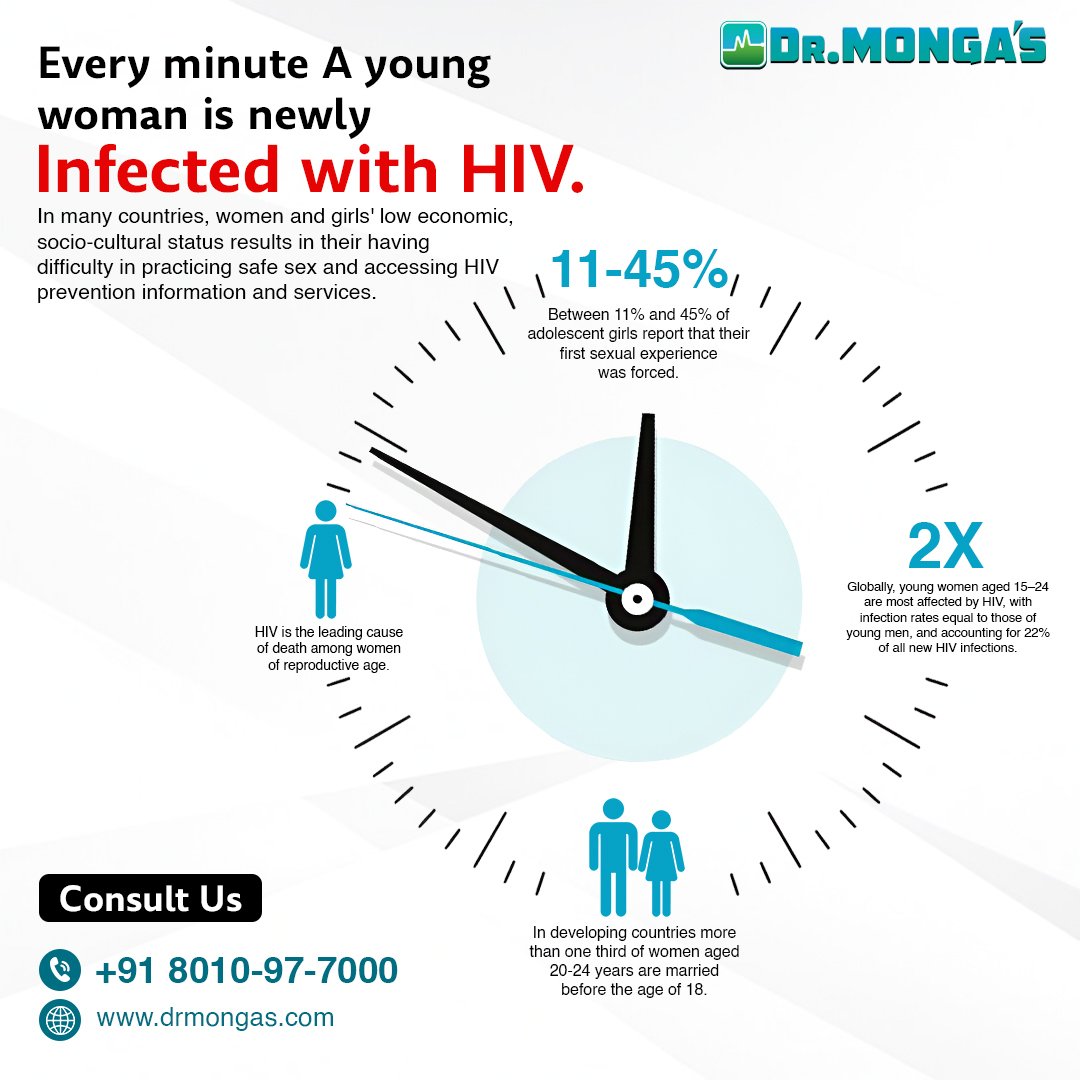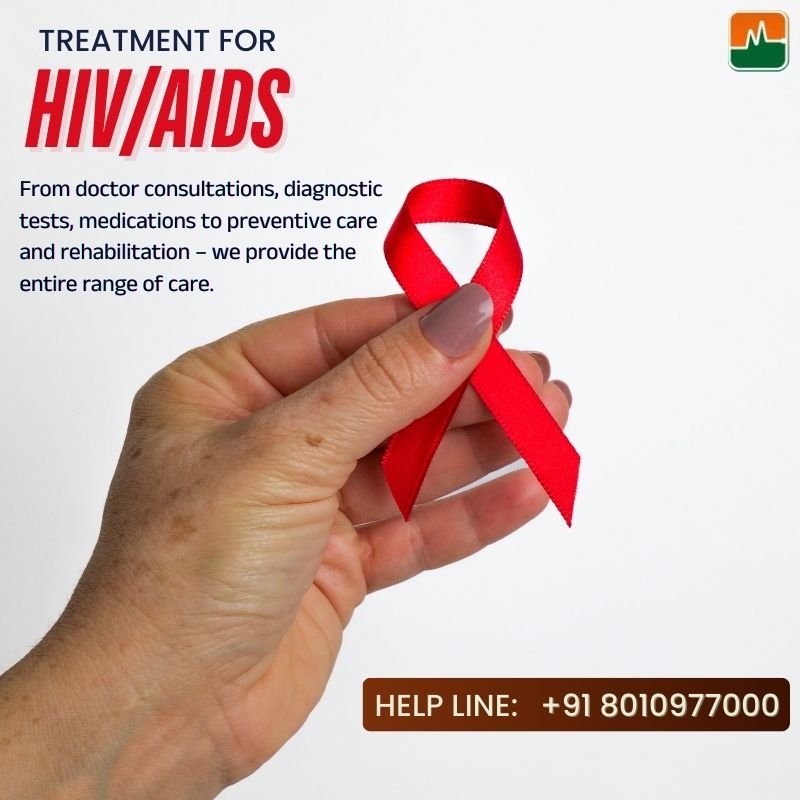Understanding HIV Testing
HIV testing is an important step in managing your health. Knowing your HIV status helps you take informed steps toward care and prevention. Many people wonder about the reliability of the results they receive, especially when it comes to a 60-day HIV-negative result. A common question that arises is: is this result likely to change after 12 weeks? To address this, it is necessary to understand how HIV testing works and what affects the accuracy of the results.
HIV Test Window Period
The window period is the time after a possible exposure to HIV when the test may not yet show a positive result, even if the virus is present. There are different types of tests:
- Antibody Tests: These tests check for antibodies to HIV and often give accurate results within 3 months.
- Antigen/Antibody Tests: These tests can detect both HIV antibodies and antigens. They can give accurate results about 18 to 45 days after infection.
- Nucleic Acid Tests (NAT): These tests check for the virus itself and can detect HIV within 10 to 33 days of infection.
So, while a 60-day HIV-negative result may be somewhat reassuring, it’s important to know that the test may not be conclusive at this point. After 12 weeks, depending on the type of test used, the likelihood of a reliable positive result increases significantly.
HIV Test Accuracy
Most HIV tests are designed to have a high level of accuracy. However, no test is 100% foolproof. Here are some points to keep in mind:
- Type of Test Used: Different tests have different accuracy levels at different points after exposure.
- Individual Factors: Each person’s immune response can affect test results. Some individuals may take longer to develop antibodies or antigens.
- Testing Errors: It is rare, but errors can occur. To ensure accuracy, always choose a reputable testing facility.
If you suspect you have been exposed to HIV, it is advisable to test again after the appropriate window period.
Role of HIV Counseling
HIV counseling plays a vital role in the testing process. It provides individuals with valuable information about:
- Understanding test results and implications.
- Guidance on safe behavior after infection.
- Emotional support during the testing process.
Counseling can also help individuals make informed decisions about follow-up testing and preventive measures, helping to reduce the anxiety and uncertainty that may arise after receiving an HIV-negative result.
What to Do After 60 Days
If you received a 60-day HIV-negative result, consider the following steps:
- Schedule Follow-Up Testing: If you are concerned about your risk or believe you may have been infected after 60 days, it is a wise decision to get tested again after 12 weeks.
- Attend HIV Counseling: If you need help addressing your concerns about the test and results, seek counseling services.
- Practice Safe Sex: Practice safe sex until you receive conclusive results from your follow-up test.
- Stay Informed: Continue to educate yourself about HIV, its transmission, and prevention strategies.
- Regular Testing: Make HIV testing a regular part of your health routine, especially if you are at risk.
Always remember that it is important to be proactive about your health.
Conclusion
In conclusion, while a 60-day HIV-negative result may provide some reassurance, it is important to be aware of the testing period and the possibility of a fluctuating result.
Attending HIV counseling and getting further testing after 12 weeks ensures that you have the most accurate and comprehensive understanding of your health. Don’t hesitate to seek support and stay informed, as these steps are critical in effectively managing your health.
For more information, consider visiting CDC HIV testing resources to deepen your understanding of HIV testing and prevention strategies.











Leave a Reply